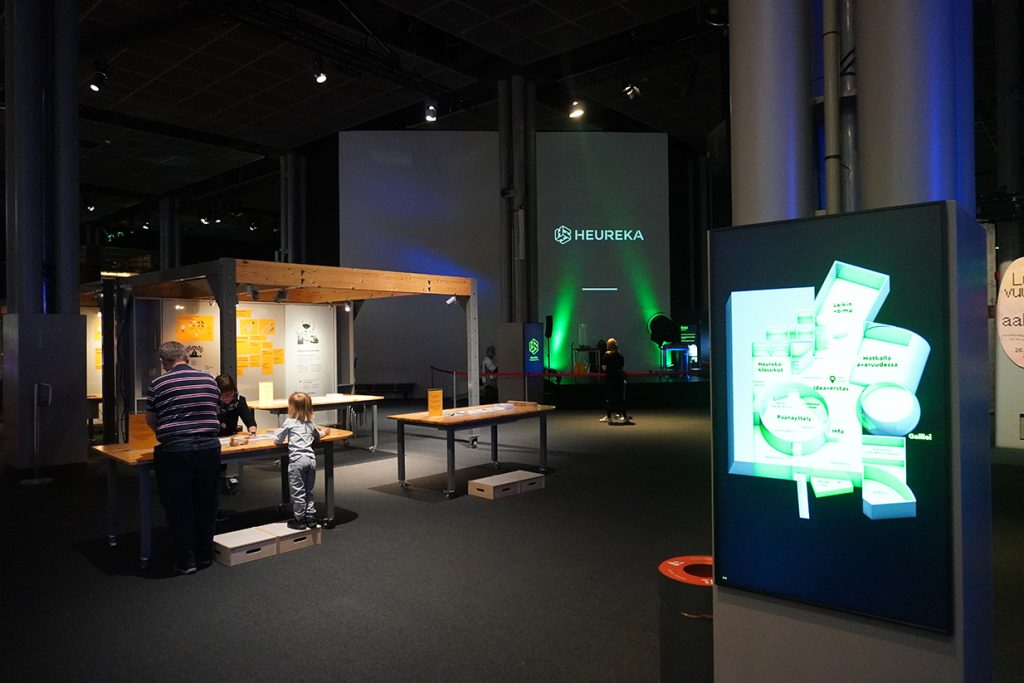About our project
In an age characterized by significant social injustices and pressing environmental crises, science museums are emerging as vital advocates for the public good. Our research investigates the transformative evolution of contemporary science museums as they redefine their missions and embrace a profound commitment to social responsibility. This platform serves to explore how these institutions are stepping beyond traditional paradigms to engage meaningfully with urgent socioscientific issues, such as climate change, migration, mental health, and the ongoing challenges presented by the COVID-19 pandemic.
Science museums have evolved through distinct generations, each shaped by the historical and sociocultural context of their time. First-generation museums, originating from 17th-century “cabinets of curiosities,” focused on displaying collections of natural objects, often with an emphasis on historical and biological significance. These museums, including many natural history institutions today, followed a “look-but-don’t-touch” approach, aiming to share research and expand knowledge about these specimens. Second-generation science museums emerged during the Industrial Revolution, shifting toward public engagement with scientific progress and technological advancements. They focused on explaining scientific concepts and fostering public understanding, often through displays of industrial and technical objects. Third-generation science museums, represented by hands-on science centres, moved away from static displays and instead engaged visitors with interactive exhibits that highlight scientific ideas and phenomena, such as gravity, electricity, and optics. Looking ahead, the next generation of science museums is imagined embracing “glocal” practices—integrating global scientific knowledge with local contexts to foster community engagement and social responsibility. This evolving approach emphasizes creating more inclusive, participatory, and socially aware environments that encourage dialogue and collaboration with diverse communities. Key drivers of this fourth generation are empathy, social transformation, productive struggle, allyship, epistemic democracy and hybrid third spaces (Pedretti & Navas Iannini, 2020).
As we navigate this new era, it is evident that fourth-generation science museums are evolving into dynamic entities that prioritize collective mindfulness and activism. These institutions are not merely custodians of knowledge; they are fostering an environment of sustained attention to contextual challenges, self-reflection, and resilience. Our research aims to illuminate the ways in which science museums are responding to contemporary issues while simultaneously reimagining their societal roles.
Through an examination of the perspectives of museum professionals across various domains—education, exhibitions, and visitor engagement—we seek to uncover strategies and operational adjustments these institutions are implementing. How has the COVID-19 pandemic reshaped their internal priorities and values? What innovative educational programs and visitor engagement initiatives have emerged in response to this global crisis? Our in-depth case studies and interviews will provide critical insights into these pressing questions.
Ultimately, our research aspires to influence not only the future practices of science museum administrators and professionals but also the broader community of policymakers, researchers, and educators dedicated to fostering public engagement with contemporary socioscientific issues. Join us on this enlightening journey as we explore how science museums can redefine their roles and enhance their impact in an ever-evolving world, forging meaningful connections and inspiring action for a more equitable and sustainable future.




